Every single refugee and migrant to Australia has a story to tell – too often, one of terrible heartache and loss, but also a story of hope. In her remarkable project, New Humans of Australia, writer Nicola Gray set out to enable some of these new Australians to share their experiences, with the aim of fostering greater empathy and understanding.
With nearly 120,000 facebook followers and two books (one a sell-out), Nicola says the most rewarding moments are still when interviewees write to her afterwards to say how emotional and uplifting it has been to receive welcoming comments on their story.
“It has also been great to see how many people have come forward to volunteer on the project,” she adds. “Their support has really inspired me.” Here, we’re privileged to share three of these amazing stories.
‘Once you’ve run away for your life, there’s no fear’ Azadeh, pictured above, from Iran, arrived here in 1996
“My father was executed when I was nine. I remember visiting him in jail, walking down this dark corridor and he was at the end of it. He had made me and my brothers necklaces from date seeds. After he was executed, they didn’t give us a gravestone or anything. I remember going to the gravesite with mum and it was just like a massive oval, and you didn’t know where anyone was. I still kick myself to this day that I didn’t keep that necklace he gave me. He had engraved my name into it.
After that, my mum was worried they would come after her, as she was constantly harassed and taken in for questioning, so we decided to leave everything behind and escape to Turkey. After a few months there, we were accepted by the UN to go to Canada. But the week we got accepted, the political party that my dad had been involved with staged a protest in front of the Iranian embassy in Canada, and burned the Canadian flag. Because of that, Canada rejected our case and the United Nations said they were going to deport us back to Iran.
So, we had to become illegal refugees. We hid in a building in Ankara with around 300 other refugees, and when we went out on the street, we couldn’t talk to each other in our language in case the undercover police found us. Then, some overseas relatives of ours sent Mum some money and she organised a smuggler to take us into Greece by boat with around 20 others. It’s amazing to remember how my mum made all that fun and games for us. That boat was sinking and we thought it was fun, you know, splashing out the water with our hands.
When we went out on the street, we couldn’t talk to each other in case the undercover police found us
“In Athens, I sold black market cigarettes in one of the squares, and my brothers sold lottery tickets and shined shoes. One day, I was approached by an undercover cop who pretended he wanted to buy cigarettes from me. After he caught me, I said, ‘I don’t have a Dad, so please let me go!’ And he let me off, and even gave me back the cigarettes. He was so kind. Another time, a man who bought a lottery ticket from my brother won a lot of money, so he gave us some. We also met a lovely family who had a restaurant which they weren’t using, and they let us live there. So we were lucky.
A few months later, we went to the Australian embassy and told them our story and the lady was so lovely, she just said, ‘Welcome to Australia’ straight away. And six months later, we arrived in Adelaide. It was the most liberating feeling, to not have that fear anymore. I remember going to Foodland and buying all these things, and it just felt surreal.
I did six months of English lessons, then I got put into year eight. High school was really tough for me. I had missed four years of school, and I still didn’t know things like the Aussie lingo, or how to play netball, so I got bullied quite a lot. Then Mum decided to move just so we could go to a more multicultural school. I did really well after that, and got into Commerce at uni.
But by my 3rd year, Commerce just didn’t interest me. I had started making jewellery and wholesaling it to boutiques, and I also had a huge collection of vintage dresses, which I loved. One day, Mum said to me, either you get rid of all this stuff or you do something with it! So I decided to leave uni and start up my own business, Azalia. Initially, it was a vintage store, but as the years progressed, I supported more and more local, up and coming, designers and that became my focus. Now there are three Azalia Boutiques, and it has become a bit of a name in Adelaide.
I knew I could do it. Once you’ve run away for your life, there’s just no fear. And having that trade built in me from an early age played an important role. I wasn’t playing with dolls and princesses as a child, it was always about how can I make money, how can I help Mum feed us?
When I look at it now, I feel like everything happens for a reason, the way everything has fallen into place. We live in a beautiful country, I’ve met my husband, who is so supportive, and I’ve got two gorgeous girls. I would not have had this life without coming here.
My mum is such a strong person. As a mum, I can break down quite easily because of silly things, and at those times, I’m just reminded that she never made it a scary thing for us. She never had that fear in her face, although I’m sure she felt it, having three little kids with nothing.
She sacrificed a lot for us, which I’m very thankful for.”
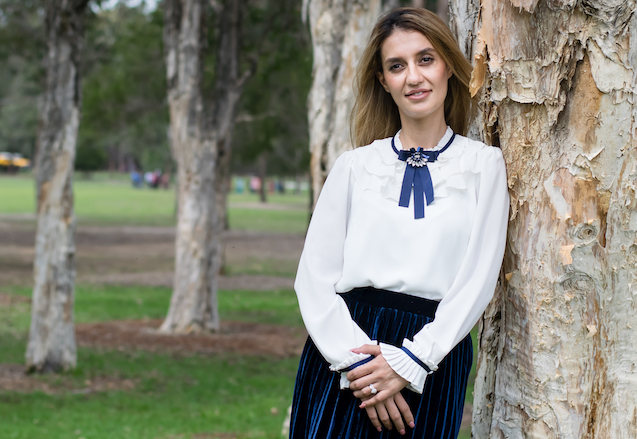
‘You could not leave the house, as you could be killed’ Sudhaba fled Afghanistan when she was 10, and arrived in Australia in 2000
I was only six months old when my dad got killed in the war, so I don’t have any memories of him. Mum was always the only person providing for us. She worked in the daytime as a midwife, and at night in the emergency department helping people who had been hurt by the bombs. Sometimes there was nobody to take care of me so she had to take me with her to the hospital, and I saw a lot of people who had been badly injured.
One day, a helicopter dropped a bomb in front of our house. There was a big bang and suddenly all the windows were shattered, and I stood there not knowing what to do. I still remember all of this – it flashes, and all the memories come back.
Then the Taliban came, and our life changed overnight. One day, my mum came home and said she had to wear a burkha. The next day they announced no female doctors or nurses were allowed to work. My sister and I were no longer allowed to go to school, and we could not leave the house unless a male was accompanying us, as you could be killed. It was very difficult for a house full of women. My grandfather was very old and he could walk with us but would not have been able to protect us. It was a desperate situation for us, and eventually we decided to leave the country. At that time I was 10.
My sister and I were no longer allowed to go to school
We took a bus to go to the border of Pakistan: me, my sister, my mum, my grandfather, my aunty and her daughter. The Taliban had banned TV, books, music and even photos, so I was hiding a photo album I was carrying with some photos of my dad in the pocket of my burkha, and I felt so nervous. Then a little boy came on to the bus who had to physically touch you to check what you had on you. As soon as I saw him checking my mum, I pulled out the album and slid it under my sister’s seat and got her to stand up so he wouldn’t be able to see it. Luckily he didn’t notice, and we still have those photos now.
We stayed in Pakistan for four years. There was no work for my mother there, so we relied on the money my aunty in Australia sent us. Finally, she was able to sponsor us to come to Australia as refugees.
We went to live in Auburn in Sydney. I was 15 at that time, and it was hard to adjust at first. Everything was new. I missed my grandfather and my cousin, and I didn’t speak much English. I had also missed many years of school due to the war, and making friends was hard. I was quite shy. I was even nervous about going to the shops to say something in English but I had to. And day by day I grew more confident. In the end, I scored 79 on the HSC. I was still not very happy with it but I suppose I did well really considering everything.
Making friends was hard. I was quite shy
I married at 19 and had my first daughter when I was 20, followed by two more. But I was eventually able to study online. First I did a Diploma in Computer Science, then I did a Diploma in Community Services and Counselling, and I am now in my second year of a Bachelor of Social Work. I also started working. My first job was as a women’s project officer, and I then found work as a bilingual support worker. Next, I worked as an Afghan youth officer and I now work as a cultural support worker with Afghan women who are experiencing domestic violence. It really disappoints me to see how these women have to suffer in a country like Australia, after leaving their country in search for peace and freedom. I try to be there for them not only culturally, but also emotionally. My big dream is to go back home when my kids are grown up and work with Afghan women there.
Recently, my eldest daughter did a speech at school about my life experience and she got a very good mark, and went to the finals for it. I am very happy I can bring some of my stories to show people what it means to be a refugee, and why people have to leave their country.
We don’t want to leave unless there is a good reason.
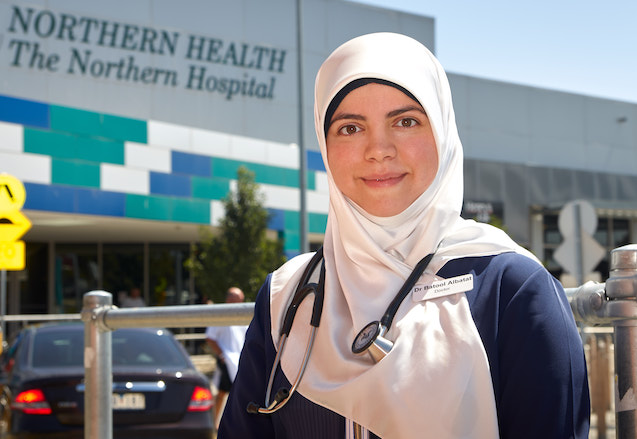
‘It was horrible on Christmas Island, like living in a prison’ After fleeing Iraq, Batool and her family tried to reach Australia by boat. They were eventually accepted as refugees in 2001
When I was two, we fled to Iran to escape the Iraqi uprising against Saddam Hussein. We had to leave all our belongings behind, so we really struggled in the first few years. Coming from a wealthy family, it was hard to be suddenly poor. My dad eventually found work as a taxi driver. But it wasn’t enough to feed the family.
Because we did not have Iranian citizenship, we could never go to university or get a legal job, so there was no future for us there. Eventually, my dad decided to try to come to Australia by boat, because we had a lot of relatives here.
Unfortunately, he couldn’t afford to pay for all of the children to go, so he made the hard decision to leave four of the six children with my grandparents, including me. But at the last minute they felt I was too young to be separated from my mother, so it was decided that I would go too. That decision changed my life dramatically.
It was hard to be suddenly poor
It was heartbreaking to see my mum saying goodbye to my sisters and my brother, as we had heard stories of people who drowned trying to get to Australia by boat, and we did not know what lay ahead of us.
People smugglers organised for us to fly on fake passports to Malaysia, and then to Indonesia, where we stayed for a few months. Every day for 3 months, we were told that we were going to catch the boat ‘tomorrow’. Eventually, our money ran out, and we had nothing to eat except rice and then there were three days when we had absolutely nothing to eat.
Finally, we were told it was time to go. We went to the beach at nighttime, so it was really dark, and the boat was old and small, with around 60 people all squashed together. As soon as the engine started, everyone started vomiting from the smoke of the engine and motion of the sea. I remember I just felt numb and ended up going to sleep. When I woke up, big waves were washing over our boat, and I heard one of the women saying to my mother that we were going back to Indonesia as the boat was sinking. I didn’t know if everything was real or a dream.
The smugglers left us on an island for two weeks, where we lived in tree houses with the local people. I remember Mum was crying the whole time about my sisters and brother who we had left behind, and Dad was very sad that he had taken the rest of his family to possibly die in a boat.
The boat was old and small, with around 60 people all squashed together
The second boat was bigger but we were still squashed up, and everyone vomited again. Then after two days, the captain got lost. People lit a fire on the ship hoping someone could see us, but big waves were coming, and everybody was basically just preparing to die. On the third day, I heard people yelling because there was a plane above us. But the plane just passed and everyone started crying again.
Then, on the fourth day, the Australian Coast Guard arrived. They told the captain off for putting everyone in danger, as he was actually taking us into the middle of the Pacific Ocean, and then towed us to Australia. Everyone was happy, and thanked God we were alive and finally on land.
We were taken to the detention centre on Christmas Island. It was horrible there, like living in a prison. People didn’t know when they were going to be released, and some had been there for years. There were kids, too. Everyone was just sitting around waiting for their number to be called and their visa to be granted so they could be released.
We were lucky we were released after just three months, and flown to Melbourne to be with our relatives. I was so happy to see free people, and to have the opportunity to go to school, get a good education, and do whatever I wanted afterwards.
But it was also difficult because we didn’t have permanent residency for seven years so we couldn’t travel, and were separated from my siblings for all that time. My mum ended up going into a deep depression. Finally, during Kevin Rudd’s time, we were allowed to travel back to Iran to visit and then, soon after, we got our citizenship, which meant we could apply for the whole family to come to Australia.
I had always dreamed of being a doctor and being able to help people. After school, I did a Bachelor of Biomedical Science and Honours, and then I got accepted into medical school at the University of Melbourne.
I did my internship at the Northern Hospital, which I loved because it was very multicultural and supportive, and I felt it was a place I belonged. I’m still working there now, doing six months as a surgical resident and next I’ll do six months as an Obs & Gyn resident. After that, I’ll see which path I would like to take!
The journey has been tough. But I feel privileged to be a doctor now, and to be able to help people at the most vulnerable time of their life.




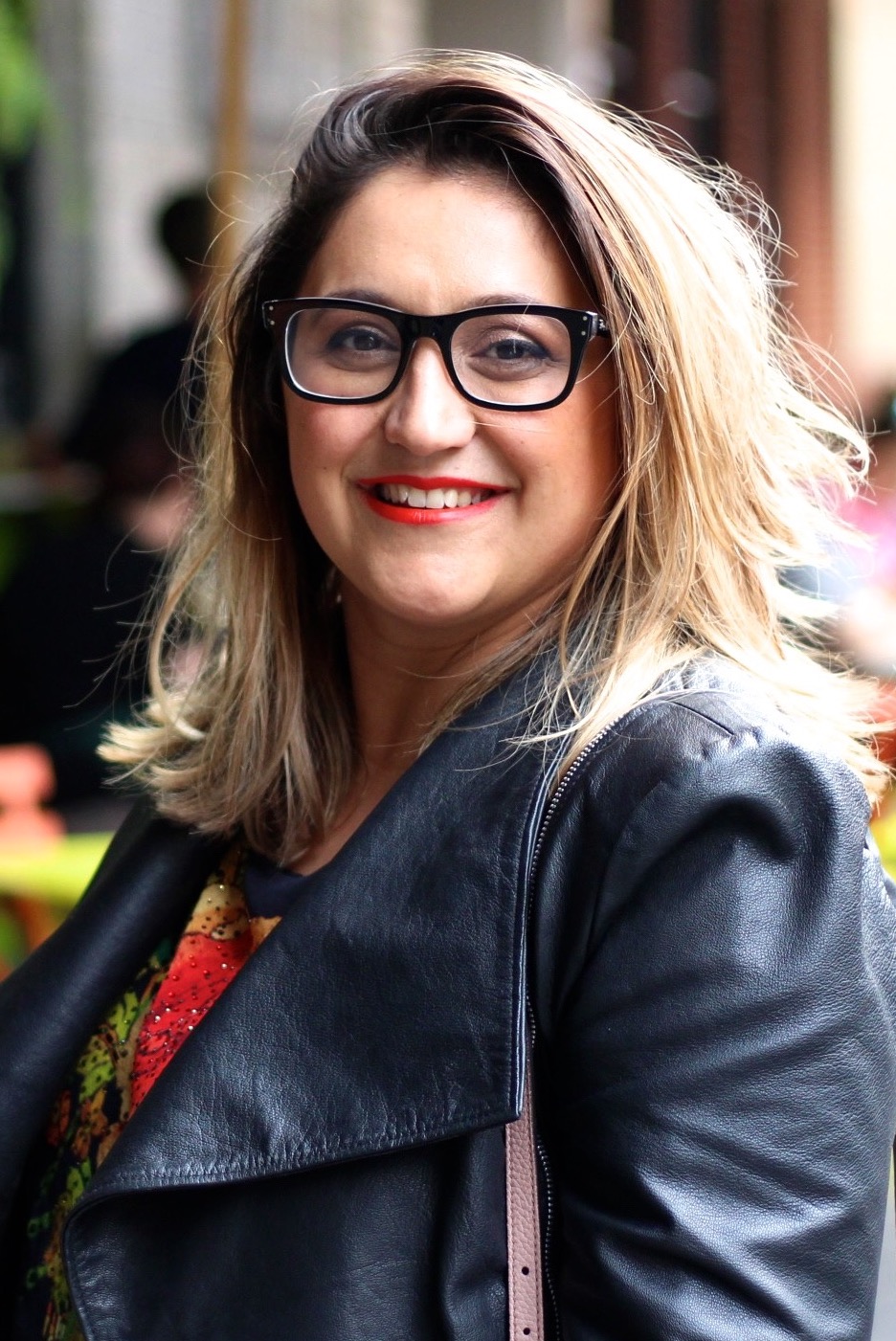
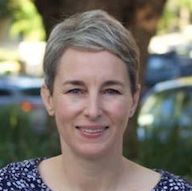


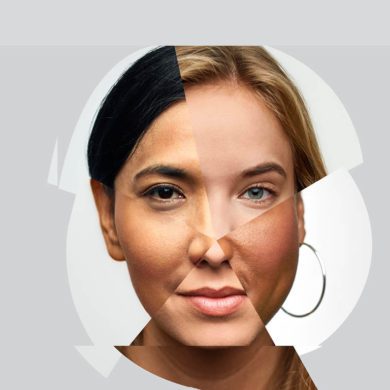
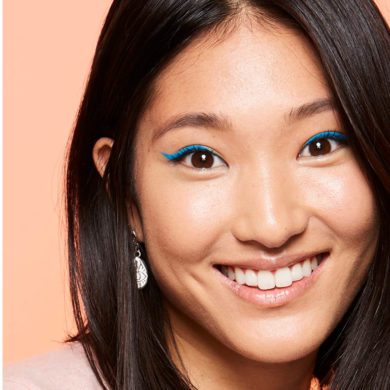
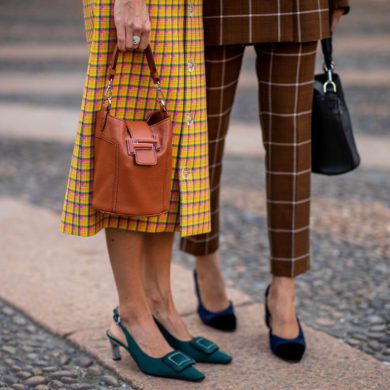
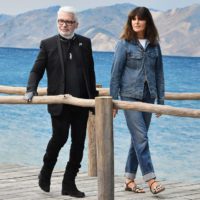
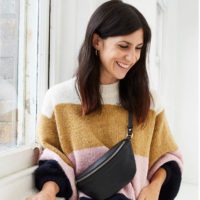
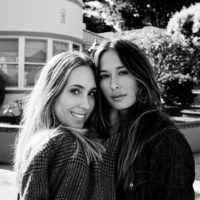
No Comments